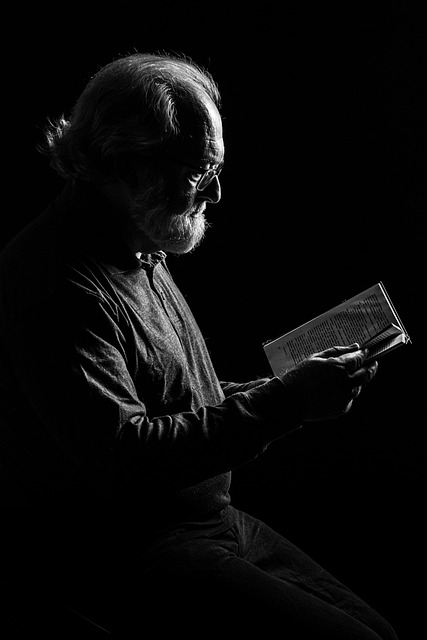I’ve noticed this in my own life. If I curl up on the couch with my phone nearby, it’s so easy to get distracted. A notification pops up, or I suddenly remember something I meant to Google, and before I know it, the book is forgotten. But if I leave my phone in another room and sit by a window with a cup of tea, the words seem to flow more naturally. It’s not that I’m more motivated in one scenario than the other—it’s that the environment in the second scenario makes it easier to stay present.
It’s also a reminder that creating the right reading environment doesn’t have to be complicated. It could mean finding a quiet corner, setting a specific time for reading, or even just clearing away distractions. The goal isn’t perfection; it’s intention. You’re setting yourself up to succeed, giving the book a chance to do its work without competing for your attention.
The more I think about it, the more I realize this idea extends beyond reading. Whether it’s writing, exercising, or even having meaningful conversations, the environment shapes the experience. Motivation is important, of course, but it’s fleeting. Environment, on the other hand, is something you can design and control. And when you get it right, even the most mundane tasks—or the most average books—can feel transformative.
What’s fascinating is how small changes can make such a big difference. For instance, a dedicated space for a particular activity, even if it’s just a chair in the corner of a room, can signal to your mind that it’s time to focus. Adding simple rituals, like lighting a candle before reading or stretching before writing, can create a mental shift. These small acts of preparation aren’t about being fancy or elaborate; they’re about creating a sense of purpose.
This principle also reveals how much we underestimate the power of habit. When we align our environment with our goals, we reduce the friction between intention and action. A cluttered workspace might discourage writing, while a tidy one invites creativity. A living room with the TV remote in plain sight might lead to hours of mindless scrolling, while keeping a book on the coffee table could make all the difference.
It’s empowering to realize that you don’t have to rely solely on willpower to get things done. By thoughtfully designing your surroundings, you can make the path to your goals feel almost effortless. In a way, you’re partnering with your environment, allowing it to work with you instead of against you. And over time, these small, intentional choices compound, creating a life where even the simplest routines feel meaningful and aligned with your values.

